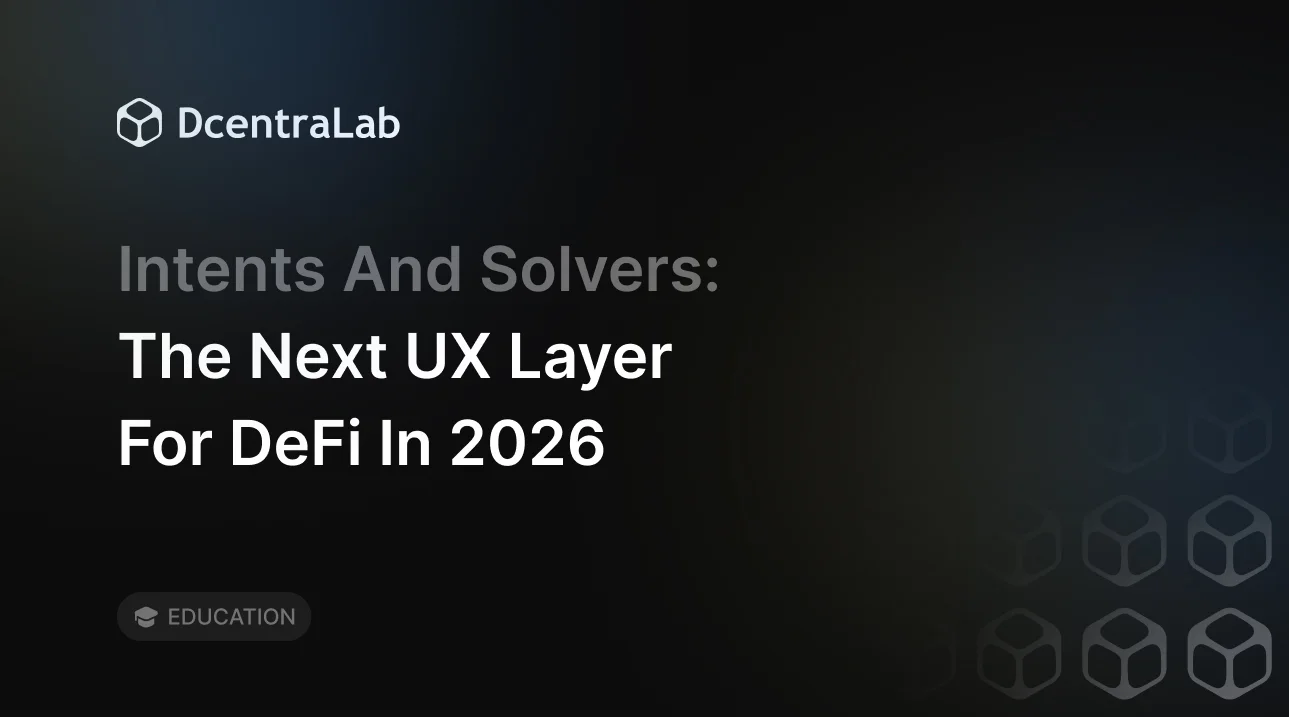DEX Security: Balancing Usability and Trust

Decentralized Exchanges, or DEXs, are gaining popularity as platforms that enable users to trade cryptocurrencies directly without intermediaries. Key benefits include censorship resistance, ensuring transactions remain immutable, transparency in operations, and empowering users with self-custody of their funds. However, several hacks and exploits have brought concerns regarding security vulnerabilities with DEXs.
Balancing robust security measures with user-friendly experiences becomes crucial to fostering continued trust among participants in the DeFi ecosystem.
DEX Security Threats
DEXs face various security threats that jeopardize user funds and the integrity of the DeFi ecosystem.
Smart contract exploits, exemplified by the Cream Finance Iron Bank Hack in October 2021, showcased vulnerabilities leading to a $130 million loss and a temporary platform shutdown.
Social engineering attacks, like the BadgerDAO Hack in December 2021, emphasize the human factor in security breaches, resulting in a $120 million fund loss and underscoring the need for robust team security protocols.
Flash loan attacks, as seen in the Mango Markets incident in October 2022, exploited price oracle vulnerabilities, causing millions in user fund losses and raising concerns about the reliability of DEX price oracles.
These threats underscore the urgency of addressing security in DEXs. Statistics and data reveal the increasing frequency of such incidents, emphasizing the importance of proactive measures to safeguard funds.
Building Trustworthy DEXs
Building trustworthy DEXs is crucial to fostering user confidence in the DeFi landscape. Implementing rigorous security measures is paramount. DEXs can commence with comprehensive smart contract audits conducted by reputable firms to identify vulnerabilities and ensure the integrity of their code.
Establishing bug bounty programs incentivizes the broader community to actively contribute to security research, enhancing the platform's resilience against potential threats. On-chain governance mechanisms empower the community to participate in decision-making, providing an additional layer of oversight to enhance transparency and security.
Decentralized insurance protocols further fortify DEXs, offering protection against potential losses in the event of unforeseen incidents.
DEXs like Uniswap and SushiSwap, which implement robust security practices, illustrate this. These platforms prioritize continuous security audits, community engagement, and proactive risk management, establishing a foundation of trust with users.
Usability vs. Security Trade-off
In the DEX ecosystem, a perpetual challenge lies in navigating the delicate trade-off between security and user experience. While stringent security measures are imperative for safeguarding user funds, their complexity can deter new users and impede the widespread adoption of DEXs.
Recognizing this dilemma, innovative solutions are emerging to strike a balance between robust security and user-friendly interfaces. Designing intuitive and user-friendly platforms can simplify the onboarding process, making DEXs more accessible to a broader audience. Educational resources and tutorials play a crucial role in enhancing user awareness, promoting safe practices, and demystifying the complexities of decentralized finance.
Additionally, integrating gamification elements into DEX platforms introduces a layer of engagement and incentivizes users to adopt secure practices. By making the learning experience interactive and rewarding, users are more likely to embrace security measures without sacrificing usability.
The Future of DEX Security
The future of DEX security promises exciting advancements that address current challenges and elevate the overall resilience of these platforms. Emerging trends include the integration of zero-knowledge proofs, ensuring privacy-preserving transactions on DEXs. This cryptographic technique allows users to engage in transactions without revealing sensitive information, enhancing confidentiality across the decentralized financial landscape.
Formal verification techniques are gaining prominence in smart contract security, providing mathematical proofs of correctness. By rigorously verifying the code's integrity, DEXs can fortify their defenses against potential vulnerabilities, assuring users of the robustness of their underlying infrastructure.
Cross-chain interoperability is another critical trend shaping the future of DEX security. Enabling seamless interactions between different blockchain networks enhances the broader DeFi ecosystem's security by fostering collaboration and mitigating risks associated with single-chain dependencies.
As research and development efforts continue to unfold, the future holds promise for DEXs to become even more secure and user-friendly.
Conclusion
Balancing security and usability is paramount for the sustained growth of DEXs. Users should research DEX security practices before choosing a platform, prioritizing platforms that implement robust security measures without compromising user experience.
The collaborative efforts of developers, security experts, and users are crucial for advancing DEX security, and fostering a safer and more resilient DeFi ecosystem. Continuous cooperation and vigilance will ensure that DEXs evolve to meet the challenges of an ever-changing landscape, providing users with reliable and secure decentralized trading experiences.


%20Payments.webp)
